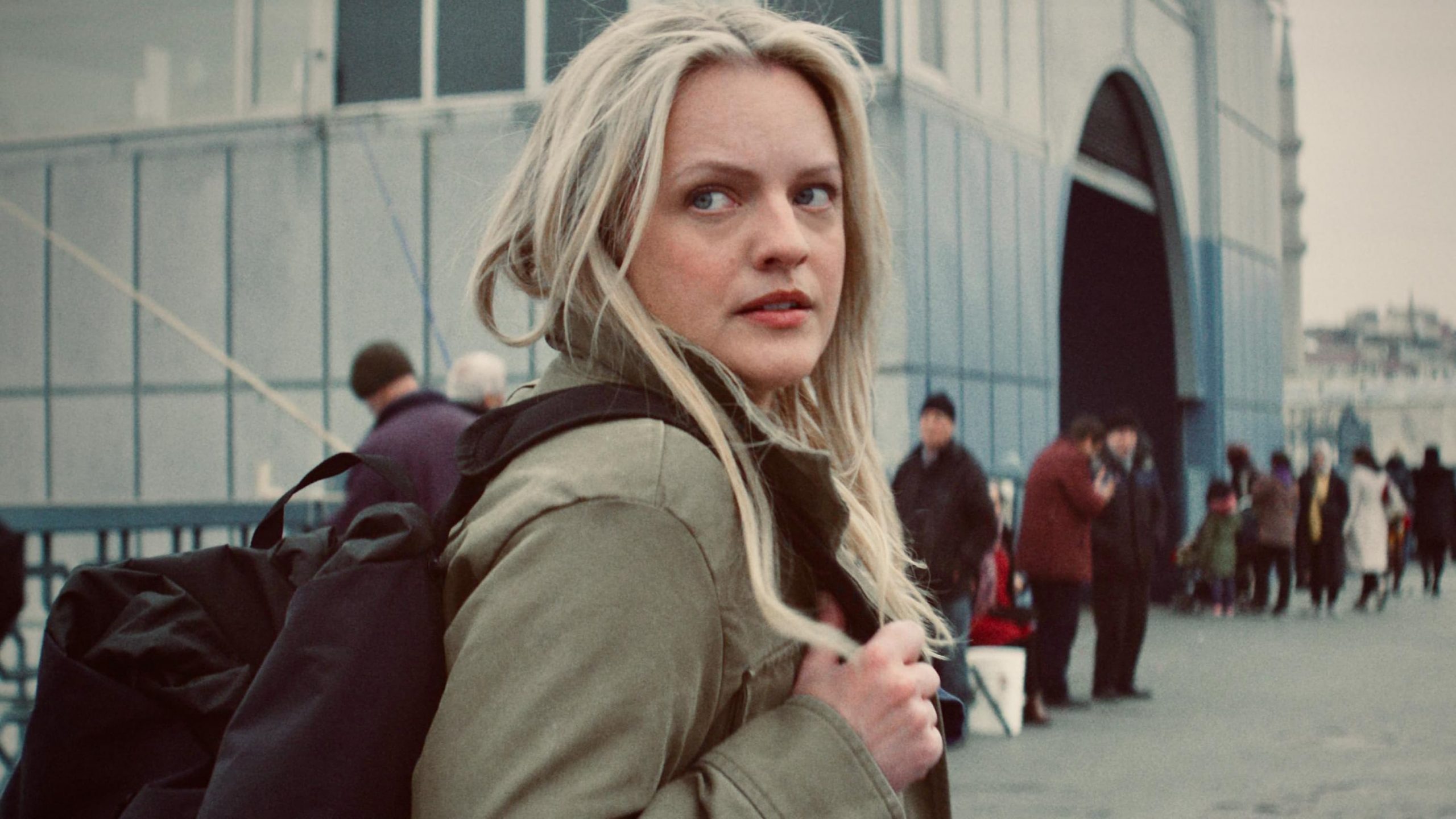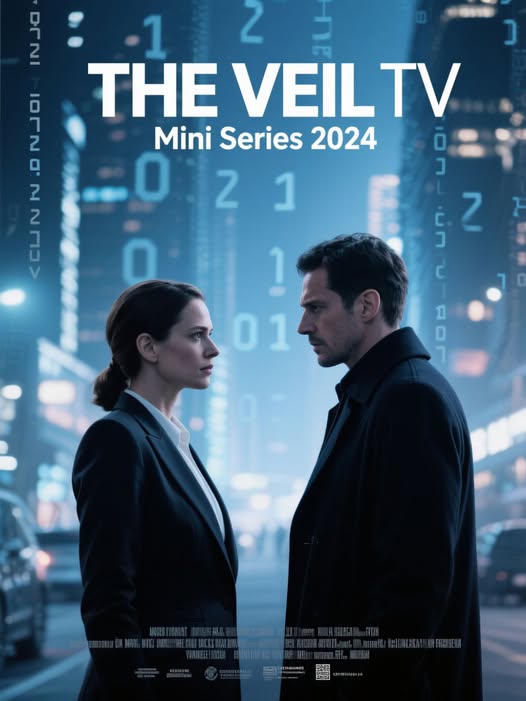The Veil (TV Mini Series 2024)

The Veil (2024) is a taut and atmospheric spy thriller that stands out for its blend of psychological intrigue, geopolitical tension, and emotionally complex characters. In a television landscape crowded with espionage dramas, this limited series carves a niche for itself with its slow-burn intensity and cerebral storytelling. It avoids the common trap of overwhelming the viewer with nonstop action, instead focusing on manipulation, loyalty, and the gray areas of truth and identity. The result is a methodically paced yet deeply compelling narrative that keeps audiences questioning every motive, every glance, and every silence.

Set across several international locations, the plot follows two women locked in a dangerous game of deception—one an MI6 agent (played with steely charisma), and the other a mysterious woman believed to be a key link to an impending terrorist attack. As they travel together across Europe, the series unfolds like a psychological chess match, where every interaction might be layered with hidden intent. The cat-and-mouse tension escalates with each episode, drawing the viewer deeper into a world of fractured trust, shifting alliances, and secrets buried beneath layers of identity. The stakes grow increasingly personal, culminating in a final revelation that forces both characters to confront who they really are and what they truly believe.
Genre-wise, The Veil sits comfortably within the realm of spy thrillers, but its pacing and character focus give it the edge of an espionage drama with philosophical undertones. It’s less about gadgets and gunfights and more about surveillance, interrogation, and psychological warfare. The suspense is driven not just by what happens, but by what’s left unsaid—the tension that comes from doubt, silence, and emotional restraint. Viewers looking for a character-driven thriller that rewards patience and attention to detail will find themselves gripped from beginning to end.

Visually, the series leans into moody, cinematic storytelling. Each location—from cold, industrial safehouses to sweeping European vistas—is shot with purpose, reinforcing the themes of disconnection and surveillance. The framing often places characters in isolation or shadow, reflecting their inner turmoil and the paranoia that drives the plot. The score is subtle yet haunting, enhancing the quiet suspense rather than overwhelming it.
In the end, The Veil delivers a refreshing take on the espionage genre. It offers a smart, emotionally nuanced thriller that resists easy answers, instead asking the viewer to sit in the discomfort of uncertainty and moral ambiguity. It’s not just a story about spies—it’s a story about identity, manipulation, and the cost of knowing the truth.











